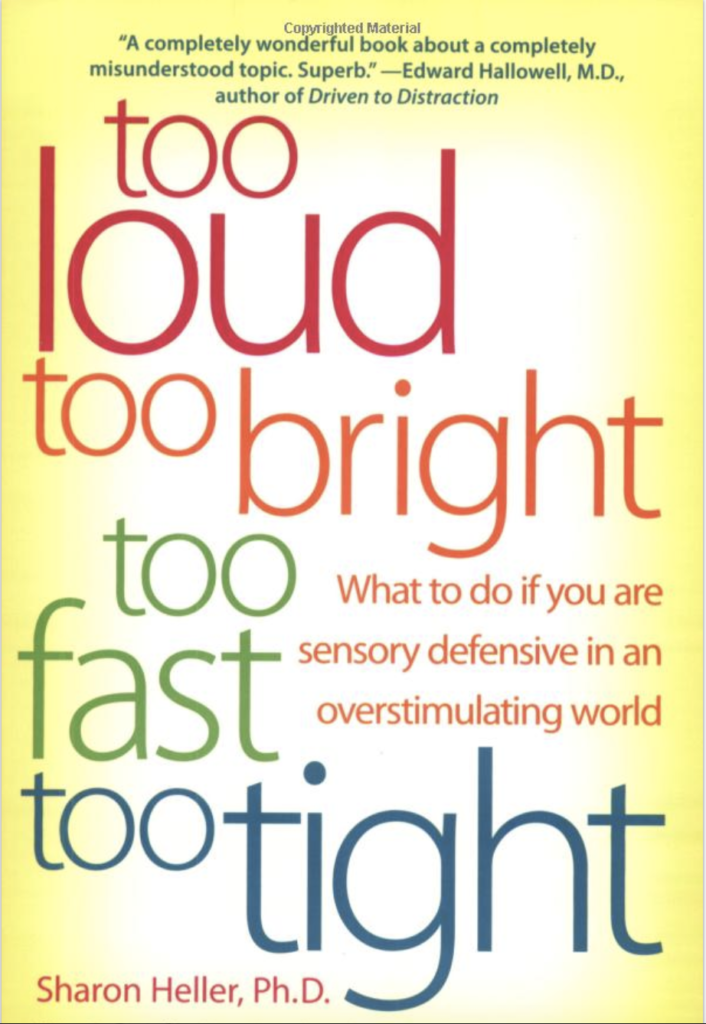Overstimulation
During the summer months, our five senses tend to heighten. For some, there is pleasure in the feeling of sun as it beats down on our skin and the cool summer breeze as it brushes through our hair. We may notice the smell of sunflowers, the taste of berries and citrus, the sounds of crickets and ocean waves, and the sight of water, sunrise, and sunsets. Awareness of these sensations is crucial to our day to day as it helps us observe the outside world. However, what happens when our sensory system becomes increasingly activated to a point of overwhelm? This experience is referred to as sensory overload and overstimulation.
In DBT, we talk about the importance of understanding our emotional vulnerabilities in order to help reduce dysregulation. Although summer can be enjoyable to the senses for many, it can also be a time of sensory overload, and can increase overwhelm and exhaustion. A couple of weeks ago we wrote about the importance of slowing down to help us stay mindful of the current moment. Summer can easily be a time of haste and burn out. Sensations that we typically enjoy can become intrusive and hard to tolerate, especially as vulnerabilities increase. The heat, the crowds, the feeling of time flying by, long traffic, and delays can make us more vulnerable. It is without question that if vulnerable to sensory stimulation, the natural occurrences of summer can leave us feeling overstimulated compared to other times of the year.
In order to help soothe our systems, we would like to return our focus to taking care of our sensory vulnerabilities with intention and compassion. When vulnerable to becoming overstimulated, it is important to prioritize time to rest and recharge. Carve out designated and frequent times to engage in a sensation that is soothing— maybe by listening to a calming sound, drinking a cold beverage, taking a walk, or wrapping yourself up in a soft blanket. Identifying what helps soothe your system is critical in helping to counterbalance the extreme overwhelm that can come with sensory overload. Another important intention is to practice holding your limits. If we are aware that we become overstimulated by specific events, practice self compassion by expressing your sensory needs, or gently avoiding situations that may be overly provoking. Additionally, rely on your distress tolerance skills to help relieve the discomfort that can occur when stimulated. In these moments of over-arousal, the TIPP skill can serve as a crucial series of skills to assist in calming our system back to a level of more regulation.
The more we are able to understand our sensory vulnerabilities, the better we will learn how to manage and compassionately address them for ourselves. As we approach the Fall, and the inevitable waves of stimulation, we hope you are able to take care of your system by participating in moments that allow a sense of relaxation and relief.
WORDS OF WISDOM

MEME OF THE WEEK

TED TALK
Chris Bailey: How to Get Your Brain to Focus
BOOK OF THE WEEK
(Click below to Purchase Book)
MENU

27 Taste Safe Sensory Play, Overnight Oats with Cashews & Tumeric, Comforting Chicken Noodle Soup
CONTRIBUTE


